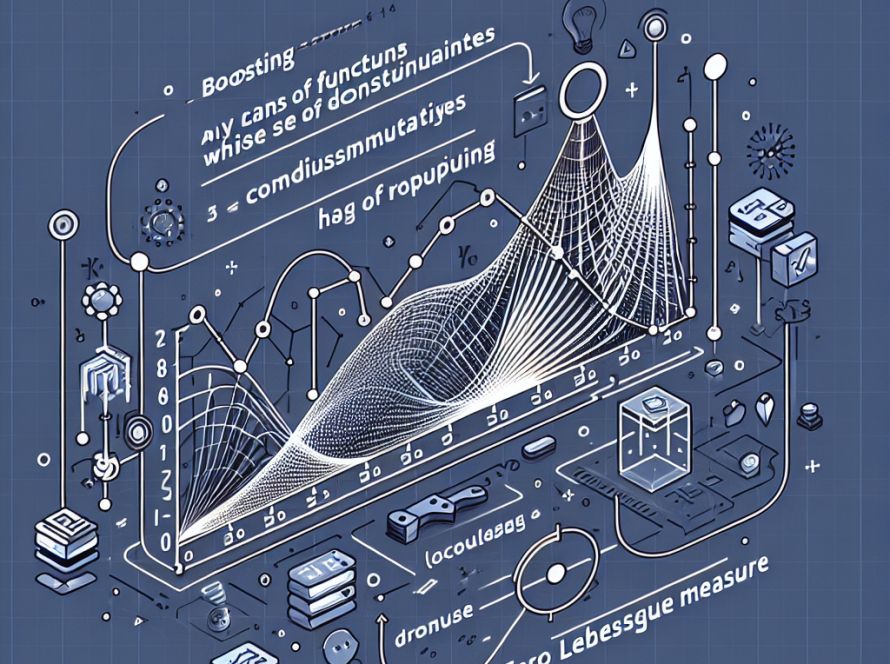In 2010, Karthik Dinakar SM ’12, PhD ’17 and Birago Jones SM ’12, Media Lab students at MIT, collaborated on a class project to design a practical tool for content moderation at companies such as Twitter and YouTube. This groundbreaking project garnered substantial excitement, leading to an invitation to present a demonstration at a cyberbullying summit at the White House.
Dinakar committed countless hours attempting to create a functional demo that could correctly identify worrisome posts on Twitter. However, complexities arose when Dinakar’s model correctly identified concerning posts, but seemingly overlooked the nuanced language used by teenagers. The root of the challenge existed in the disconnect between Dinakar and the teen users he intended to assist.
This realization inspired the researchers to create intuitive, easy-to-use tools allowing non-experts to craft machine-learning models. These tools subsequently evolved into Pienso, a platform designed to help users create large language models to detect misinformation, weapons sales, and human trafficking, with no coding required.
Notably, their first system was demonstrated to students at schools in Cambridge, Massachusetts, who engaged in training the models. Dinakar noted that the models created by these students were significantly more effective and nuanced than he could have accomplished by himself.
Jones and Dinakar’s ongoing journey started as graduate students in the Media Lab’s Software Agents research group, where they initially undertook the Pienso project. The founders later returned to the White House for a demonstration after the platform generated increased interest. They notably operated Pienso as a part-time project until Dinakar completed his PhD in 2016, propelling the project to new heights with the rising popularity of deep learning.
SkyUK, one of the early partners, leveraged Pienso to develop models to comprehend their customers’ most common issues. These models now aid in processing half a million customer calls per day, saving the company over £7 million pounds by reducing call duration.
During the onset of the Covid-19 pandemic in 2020, the US government sought Pienso’s assistance to better comprehend the novel illness. Experts in virology and infectious disease used Pienso to devise machine-learning models that mined data from thousands of research articles about coronaviruses. It was later revealed that this initiative helped identify key supply chains for critical drug components, including remdesivir.
Pienso also integrates with internal servers and cloud infrastructure, making it a superior alternative to businesses donating their data to utilize services granted by other AI firms. Also, Pienso formed a strategic alliance this year with GraphCore, which offers a more efficient, faster computing platform for machine learning. This partnership aims to dramatically reduce latency, further facilitating AI utilization.
The founders envision a future where more effective AI models are developed by individuals who understand the issues they are trying to address best. They advocate for an approach where an array of models can collaborate and be orchestrated by individuals who comprehend the data best, acknowledging that no one model can meet all needs.


